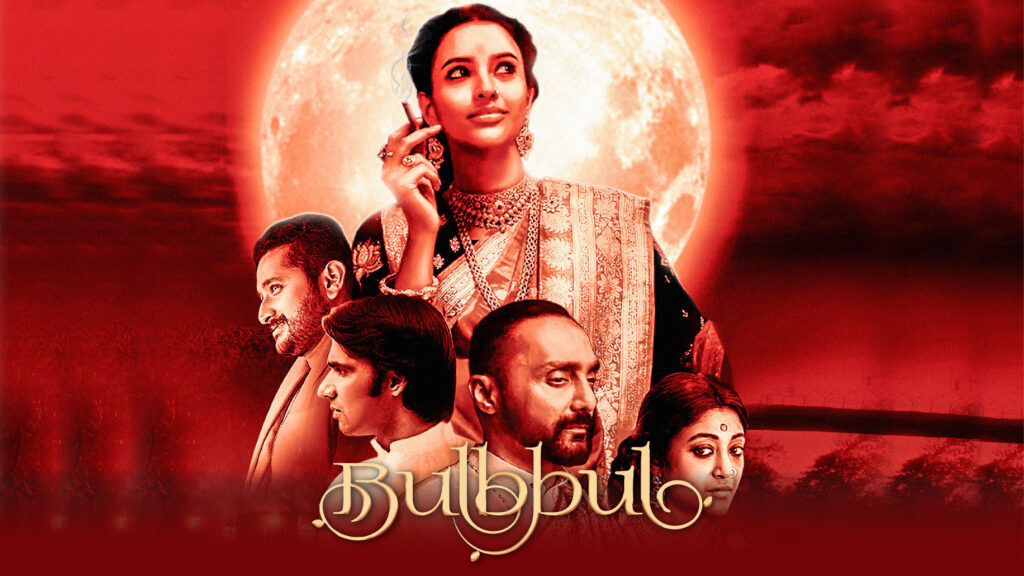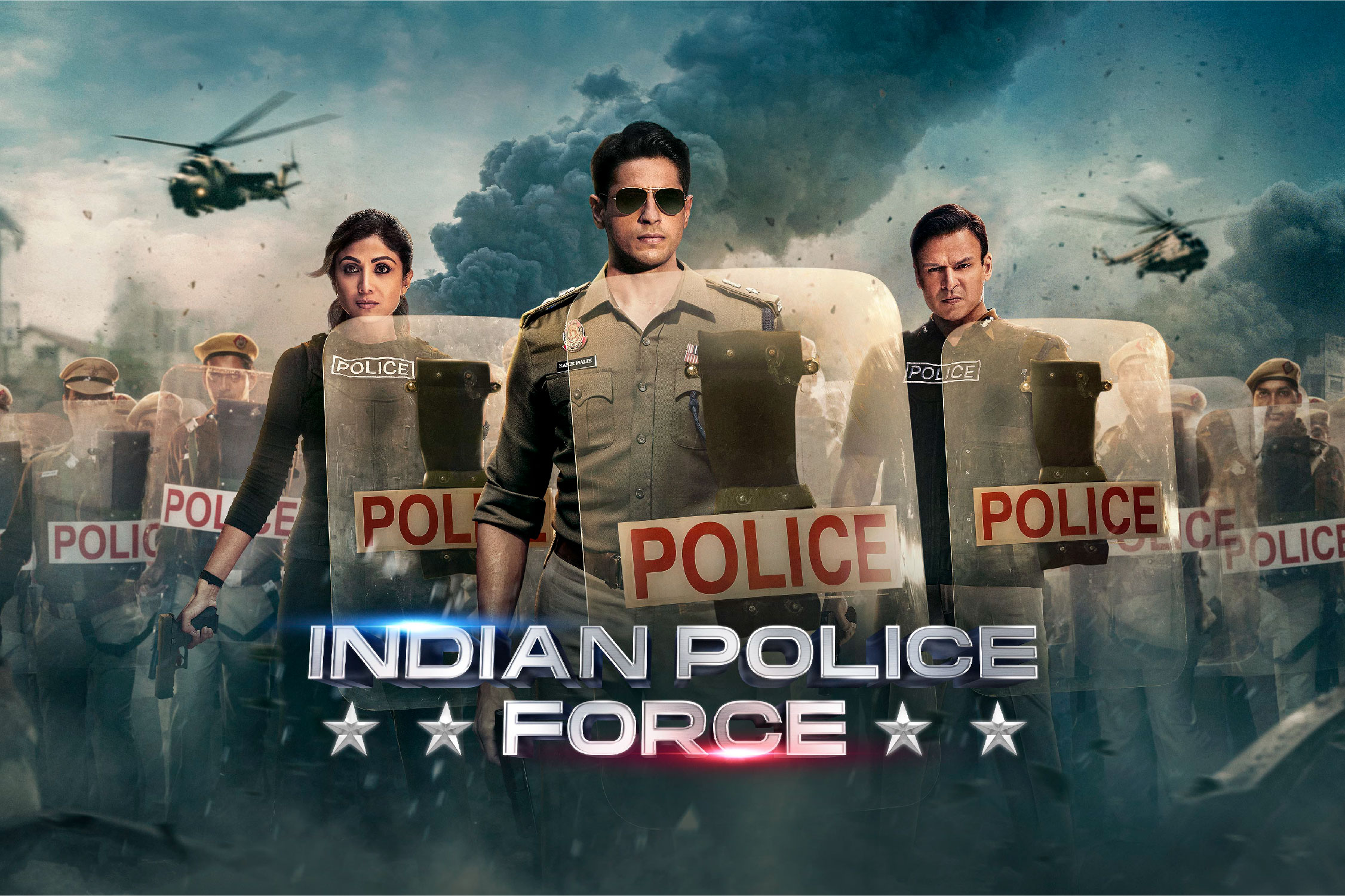OTT and Indian Literature: Adaptations Bringing Books to Screens
The Indian diversion scene is going through a huge shift, with the ascent of Over-the-top (OTT) stages like Netflix,
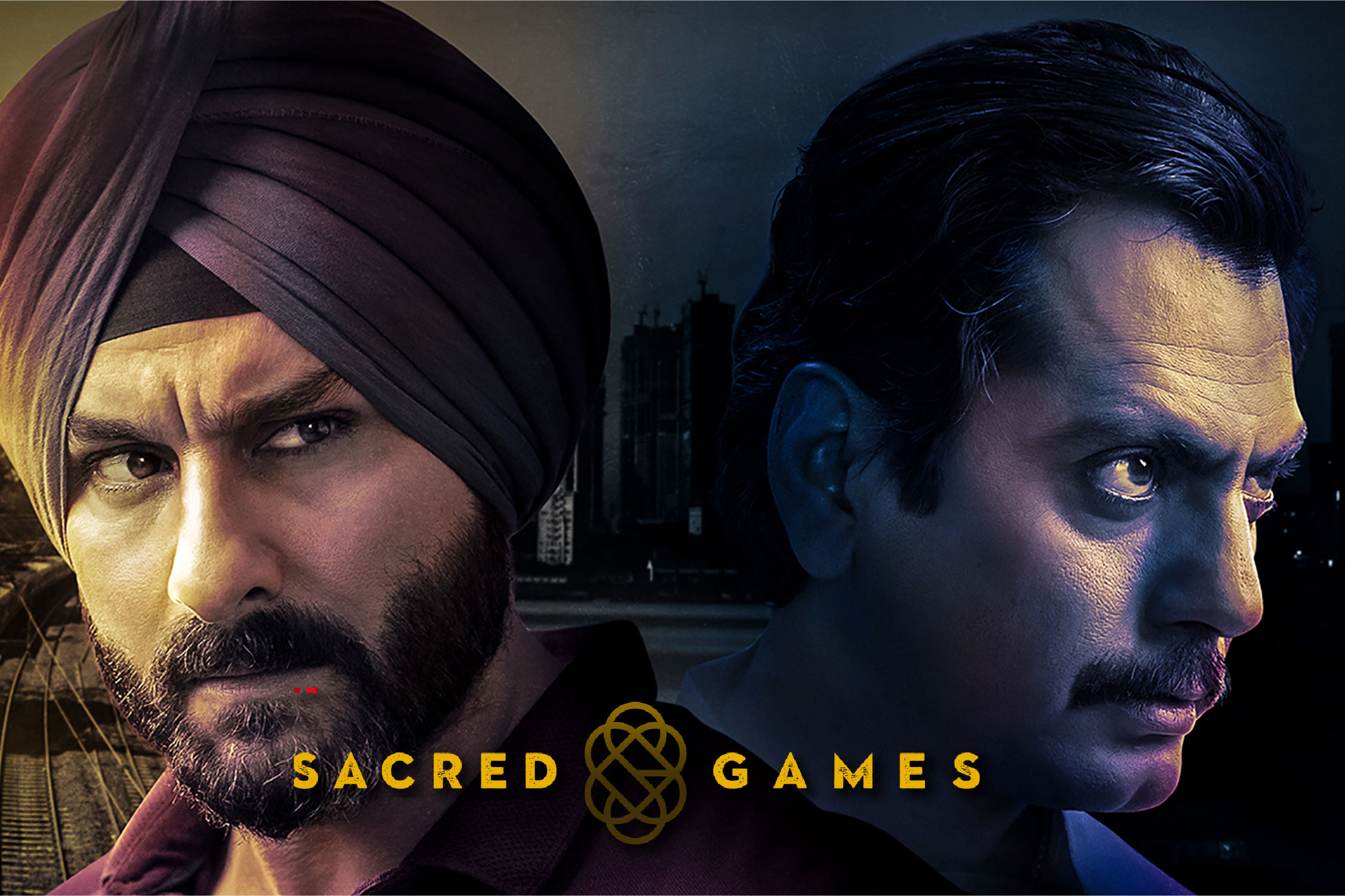
The Indian diversion scene is going through a huge shift, with the ascent of Over-the-top (OTT) stages like Netflix, Amazon Prime Video, Disney+ Hotstar, and Zee5.
This has altered how we consume content as well as opened energizing new roads for Indian writing. Through variations, these stages are rejuvenating dearest books on our screens, offering a special encounter and contacting a more extensive crowd.
Why Adaptations are Thriving
A few variables add to the outcome of book-to-screen variations on OTT stages:
Content Appetite: With the developing interest for new and drawing in satisfied, OTT stages are continually looking for special stories. Indian writing offers a different pool of stories, kinds, and characters, undiscovered for the visual medium.
Contacting New Crowds: Variations overcome any barrier among writing and a more extensive crowd. Individuals who haven’t perused the book can find the story through the screen, while fans can encounter it in another light.
Artistic liberty: OTT stages offer more artistic liberty contrasted with conventional media. This considers reevaluations and modernizations of exemplary stories, making them pertinent for contemporary crowds.
Examples of Successful Adaptations:
A few late transformations have earned basic recognition and crowd appreciation, exhibiting the capability of this pattern:
Sacrosanct Games (Netflix): In view of Vikram Chandra’s novel, this neo-noir thrill ride investigates subjects of wrongdoing, religion, and legislative issues in Mumbai.
Sacrosanct Games, the principal Indian Netflix unique series, surprised the world when it debuted in 2018. In view of Vikram Chandra’s acclaimed novel of a similar name, the series dazzled crowds with its neo-noir thrill ride plot, complex characters, and investigation of the dull underside of Mumbai. Here is a more profound investigate this notable show:
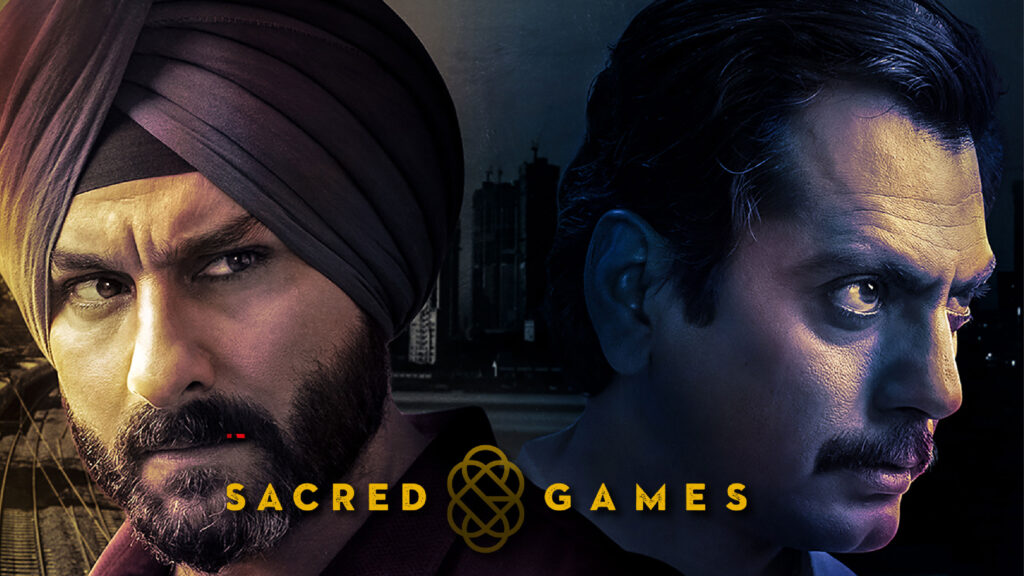
The Story:
The series rotates around a negative cop, Sartaj Singh (Saif Ali Khan), who gets an obscure call from a famous hoodlum, Ganesh Gaitonde (Nawazuddin Siddiqui), guaranteeing a prophetically catastrophic assault on Mumbai in 25 days. As Sartaj digs further into Gaitonde’s past and his own disturbed history, the story unfurls across different timetables, winding around together subjects of wrongdoing, religion, governmental issues, and debasement.
Characters and Performances:
- Sartaj Singh: Saif Ali Khan conveys a nuanced execution as the tangled and decided cop fighting his internal evil presences while seeking after reality.
Ganesh Gaitonde: Nawazuddin Siddiqui sparkles as the mysterious and merciless hoodlum, depicting his mind boggling mind with chilling power.
Supporting Cast: The series flaunts a gifted group cast, including Radhika Apte, Pankaj Tripathi, and Kalki Koechlin, who rejuvenate their characters with profundity and validness.
Critical Acclaim and Controversy:
Hallowed Games got boundless basic recognition for its holding account, high creation esteem, and heavenly exhibitions. In any case, it additionally started debate because of its unequivocal substance and depiction of viciousness and strict subjects.
In spite of the blended responses, the series stays a milestone accomplishment in Indian TV, pushing limits and making ready for bolder substance.
Paatal Lok (Amazon Prime Video): A variation of Neeraj Pandey’s unpublished composition, this coarse wrongdoing show digs into the underside of Delhi.
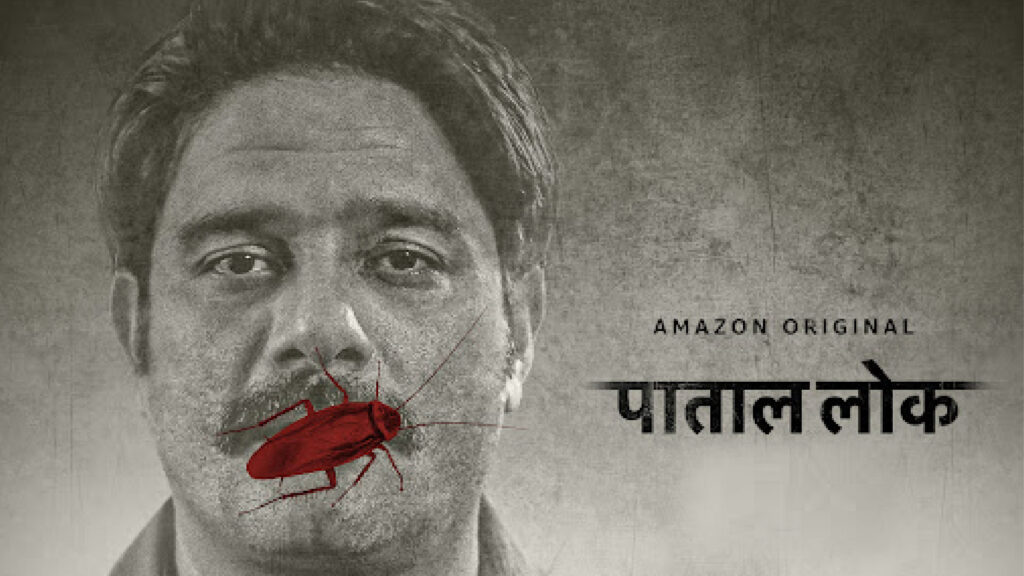
The Story:
Hathiram Chaudhary, a baffled and pessimistic cop, is doled out to research the endeavored death of a conspicuous writer.
The case leads him down a dark hole into the existences of four suspects, each with their own interesting past and inspirations. As Hathiram uncovers their accounts, he is compelled to defy the cruel real factors of destitution, separation, and the recurrent idea of savagery.
Characters and Performances:
Hathiram Chaudhary (Jaideep Ahlawat): A convincing depiction of a bored official wrestling with his own evil presences and the heaviness of the case.
Sanjeev Mehra (Neeraj Kabi): The perplexing columnist who turns into the objective of the death endeavor.
The Suspects: Each suspect – a kabaddi player, an understudy dissident, a transient specialist, and a lady excluded by society – offers a brief look into the changed features of minimization and franticness.
Supporting Cast: Entertainers like Insignia Mukherjee, Ishwak Singh, and Abhishek Banerjee convey strong exhibitions that add profundity and intricacy to the account.
Themes and Exploration:
Social Imbalance: The series uncovered the obvious real factors of station separation, neediness, and absence of chances in various social classes.
Equity Framework: Paatal Lok investigates the defects and predispositions inside the equity framework, featuring the situation of minimized people.
Power Elements: The series investigates the power elements between various gatherings, including the police, lawbreakers, and legislators.
Mental Investigation: The characters’ origin stories and inspirations are profoundly investigated, giving bits of knowledge into their mental states.
Critical Acclaim and Impact:
Paatal Lok got far reaching basic recognition for its grasping account, sensible depiction of social issues, areas of strength for and.
It gathered grants and acknowledgment, including a Worldwide Emmy Grant assignment for Best Show Series.
The series started discussions about civil rights, police fierceness, and the requirement for fundamental change.
The Family Man (Amazon Prime Video):Motivated by creator Manu Joseph’s works, this activity stuffed series portrays the existence of an apparently normal man holding onto a mysterious character.
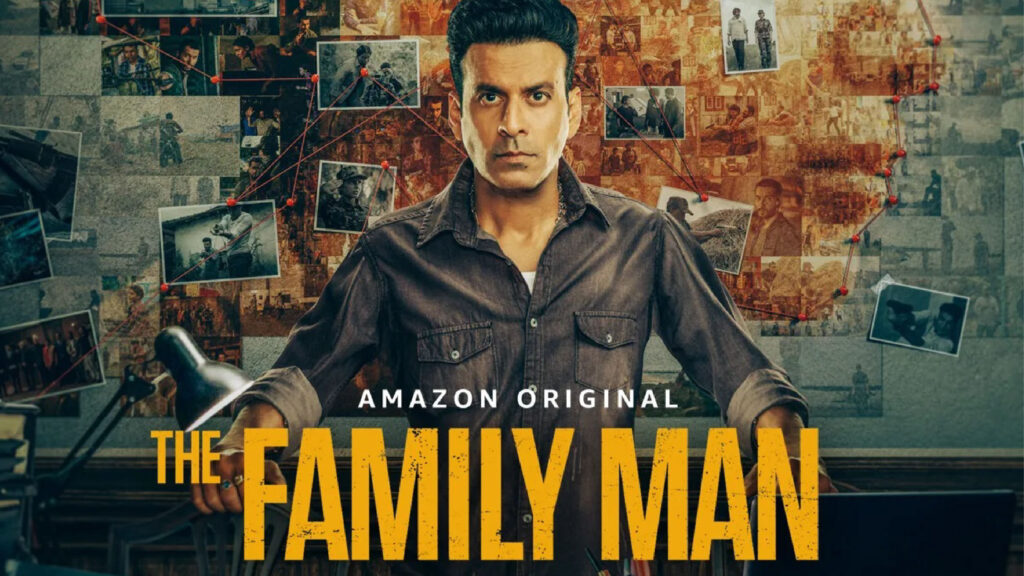
The Story:
Srikant Tiwari (Manoj Bajpayee), a working class man functioning as an apparently standard specialist in the Public Examination Office (NIA), carries on with a twofold existence shuffling his obligations as a spouse, father, and secret agent. The series unfurls as Srikant endeavors to upset a significant fear monger assault while exploring the intricacies of his own life and confronting the results of his secret calling.
Characters and Performances:
Srikant Tiwari: Manoj Bajpayee conveys a spellbinding exhibition as the tangled hero, displaying his battle to adjust his own and proficient lives.
JK (Samantha Akkineni): A furious and decided ex-rebel pioneer who turns into Srikant’s foe, JK adds a layer of intricacy and tension to the story.
Supporting Cast: Entertainers like Priyamani, Sharib Hashmi, Sharad Kelkar, and Darshan Kumar carry profundity and humor to their jobs, making the series appealing and locking in.
Themes and Exploration:
Obligation versus Family: The series investigates the consistent clash between Srikant’s obligation to his country and his obligations as a spouse and father, bringing up issues about penance and individual expense.
Reconnaissance and Psychological warfare: The series dives into the universe of covert tasks and counter-illegal intimidation endeavors, offering a brief look into the mind boggling real factors of this field.
Social Issues: The Family Man unobtrusively addresses social issues like political debasement, strict pressures, and financial incongruities, adding profundity to the story.
Mental Investigation: The characters wrestle with their own evil spirits and inward struggles, causing them to feel more human and engaging.
Critical Acclaim and Popularity:
The Family Man got broad basic recognition for its holding storyline, activity groupings, and exhibitions.
It gathered grants and acknowledgment, laying down a good foundation for itself as a famous and effective series on the Indian OTT stage scene.
The series started discussions about public safety, relational peculiarities, and the penances made by the people who serve their country.
Made in Heaven (Amazon Prime Video): Roused by Aseem Chhabra’s book “Delhi Weddings,” this dramedy investigates the intricacies of current connections in the Indian wedding industry.
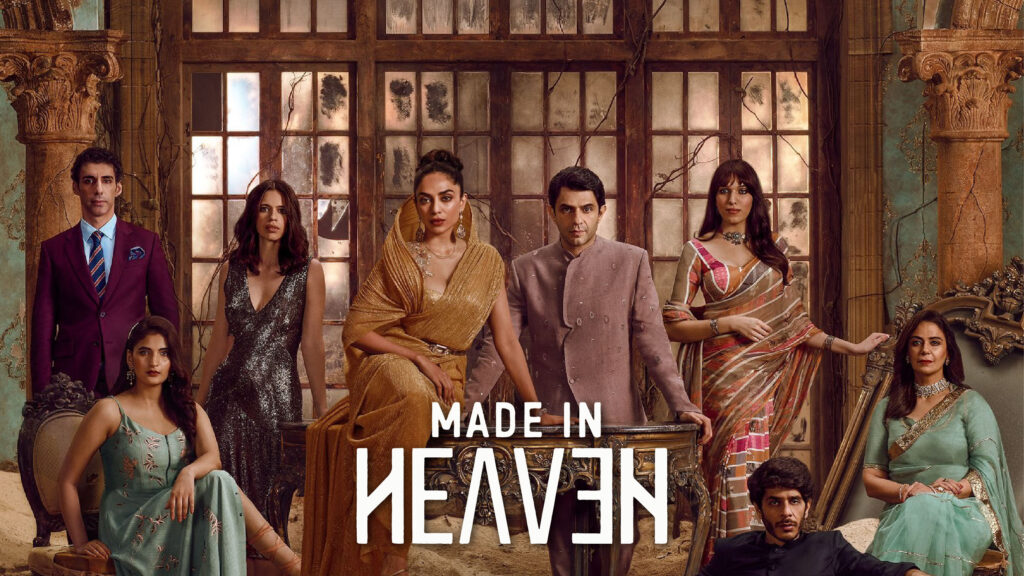
The Story:
Tara Khanna (Sobhita Dhulipala) and Karan Mehra (Arjun Mathur), two aggressive wedding organizers, run “Made in Paradise,” a fruitful organization taking special care of Delhi’s tip top. In any case, underneath the exciting exterior of excessive weddings lie mysteries, embarrassments, and secret longings.
As Tara and Karan explore the requests of their clients, they wrestle with their very own intricacies, including disloyalty, cultural assumptions, and the quest for joy.
Characters and Performances:
Tara Khanna: A solid and free lady who challenges cultural standards however faces unseen conflicts with affection and misfortune. Sobhita Dhulipala conveys a nuanced execution that catches Tara’s weakness and flexibility.
Karan Mehra: An enchanting and aggressive person with a secret past. Arjun Mathur depicts Karan’s intricacies and unseen struggles with profundity and awareness.
Supporting Cast: The series flaunts a gifted gathering cast, including Jim Sarbh, Kalki Koechlin, Shivani Raghuvanshi, and Vikrant Massey, who rejuvenate their characters with validness and close to home profundity.
Themes and Exploration:
- Love and Marriage: Made in Paradise investigates different parts of adoration and marriage, from cultural assumptions to present day connections, organized relationships, and LGBTQ+ portrayal.
Cultural Tensions: The series digs into the tensions looked by people and families in Indian culture, featuring issues like class contrasts, orientation jobs, and strict assumptions.
Individual Battles: The characters wrestle with individual difficulties like treachery, pain, self-revelation, and the quest for bliss, making them interesting and locking in.
Dim Underside of Lavishness: The series goes past the allure and excitement to uncover the secret insider facts and outrages inside the universe of high-society weddings.
Critical Acclaim and Impact:
Made in Paradise got basic approval for its reasonable depiction of Indian culture, complex characters, and investigation of touchy points.
It collected grants and acknowledgment, including the Global Emmy Grant for Best Show Series assignment.
The series started discussions about friendly issues, orientation equity, and the changing elements of affection and marriage in India
Bulbbul (Netflix): A rethinking of Bengali old stories, this dull dream investigates topics of male controlled society and female strengthening.
Challenges and Considerations:
Despite the potential, book adaptations also face challenges:
Adjusting Devotion and Inventiveness: Remaining consistent with the quintessence of the book while adjusting it for a visual configuration can be a sensitive errand.
Tracking down the Right Cast and Group: Catching the characters and their subtleties on screen requires capable entertainers and a talented group.
Overseeing Assumptions: Adjusting darling books accompanies the heaviness of crowd assumptions, which is generally difficult to meet.
The Future of Book Adaptations:
The fate of book variations on OTT stages looks brilliant. As the interest for quality substance proceeds, we can hope to see more different and inventive transformations arise. Here are a few expected patterns:
Local Writing Variations: Stories from various districts and dialects will acquire more extensive reach, exhibiting the extravagance of Indian writing.
Center around Type Variety: From authentic shows to science fiction thrill rides, the scope of classes investigated will keep on growing.
Intuitive Encounters: Stages could explore different avenues regarding intelligent organizations, permitting watchers to draw in with the story in new ways.
Cooperation among Creators and Stages: Closer coordinated effort among creators and stages could prompt more real and fulfilling transformations.
Conclusion:
OTT stages have turned into a critical power in carrying Indian writing to the very front.
While challenges exist, the potential for inventive narrating and it is colossal to contact new crowds. As variations keep on developing, they can assume a urgent part in advancing Indian writing and improving the social scene for watchers around the world.

